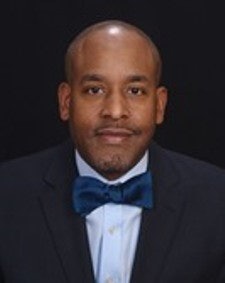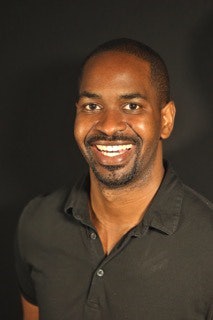 Dr. Larry J. Walker
Dr. Larry J. WalkerRecently we received an email, which led to a phone call from a reporter in a Southern state, who had several questions about some of the challenges encumbering Historically Black Colleges and Universities (HBCUs). Specifically, the reporter wanted to know with some of the leadership, enrollment, and financial problems besetting HBCUs, were they still vital institutions to higher education.
As we responded to the reporter’s questions, we were intrigued by the fact that stakeholders of HBCUs are frequently called on to justify the relevance of historically Black institutions. Nevertheless, the same does not hold true for predominantly White institutions (PWIs). Sure, there are some HBCUs that are struggling to survive and there are some thriving as well. The same applies to PWIs. However, unlike HBCUs, these institutions are not lumped into one category and treated as monolithic. While there are some common challenges facing HBCUs, some are dealing with these challenges better than others.
To be fair, there are common challenges facing all institutions of higher education. Given their history of inequity, which has defined their existence, many of the challenges HBCUs face are particularly unique.
There is a parallel between the Black Lives Matter movement and the unrelenting need to justify the existence of HBCUs. It appears that the dominant society views Black lives as well as Black institutions with utter disdain simply because of their outer appearance and population in which they serve. In this sense, it is clear that the White patriarchal society views Black or anything connected to it as less than. Interestingly and unfortunately, some Blacks have bought into this mindset. For example, in a study that discussed the disinclination of Black students to consider attending and enrolling in HBCUs, they described these institutions as party schools and labeled them as academically inferior and lacking in diversity. The participants in this study, who by the way never stepped foot on an HBCU campus but had friends and family members who had, thought an education from a PWI would better prepare them for success in society.
Interestingly, some pundits assert that the mission of HBCUs to educate primarily low and moderate income Black students is no longer relevant in a so-called post-racial society. However, the recent events at the University of Missouri and Yale highlight the importance of HBCUs. Each institution faces questions regarding their treatment of Black students and faculty, yet no one is questioning whether their inaction speaks to the relevancy of PWIs.
 Dr. Robert T. Palmer
Dr. Robert T. PalmerThe double standard places HBCUs in an untenable situation. For more than 150 years they have educated Black students with limited financial support. Unfortunately, when on- or off-campus incidents occur, the narrative focuses on all HBCUs but when tragic events occur at other colleges it is viewed as an isolated incident. Black students enrolled at PWIs throughout the United States encounter the same macro and micro aggressions that their parents faced in a different era. In response, they have utilized social media and organized to combat years of systemic racism. Despite the threats, students are challenging White patriarchal norms that ignore the concerns of ethnic and racial minorities. Fortunately, HBCUs foster nurturing environments where students, regardless of their background, have access to administrators and faculty with similar lived experiences.
Questioning whether HBCUs are still relevant is a slap in the face of thousands of successful graduates that excel in education, engineering, law, and science. In spite of the obstacles, they continue to provide opportunities for students from underserved communities. Assuming HBCUs are not as competitive as PWIs plays into a racist narrative that institutions primarily for Black students are not as competitive.
For this reason, challenging negative stereotypes should include highlighting the accomplishments of HBCUs. However, focusing on negative occurrences at HBCUs reinforces societal beliefs regarding Black students. Reporting shootings, stabbings, etc., on HBCU campuses is consistent with negative television and movie portrayals. Countering years of racialized perceptions will require a coordinated effort that dismantles economic, political, and social structures.
Dr. Robert T. Palmer is an associate professor in the Department of Educational Leadership and Policy Studies at Howard University.
Dr. Larry J. Walker is an educational consultant and mental health advocate. His research examines the impact environmental factors have on the socio-emotional functioning of minority and underserved communities. Follow him on Twitter @LarryJWalker2















